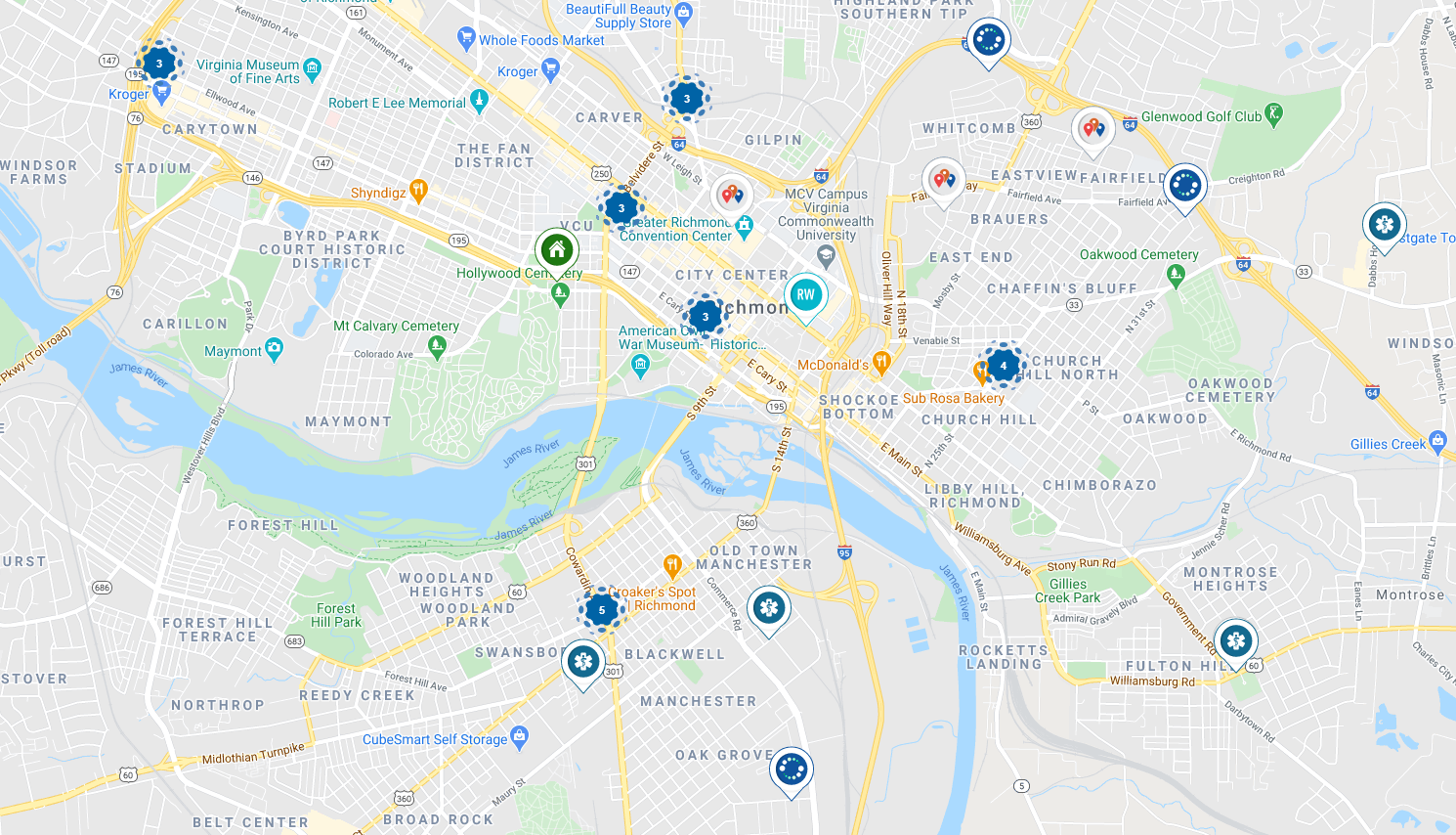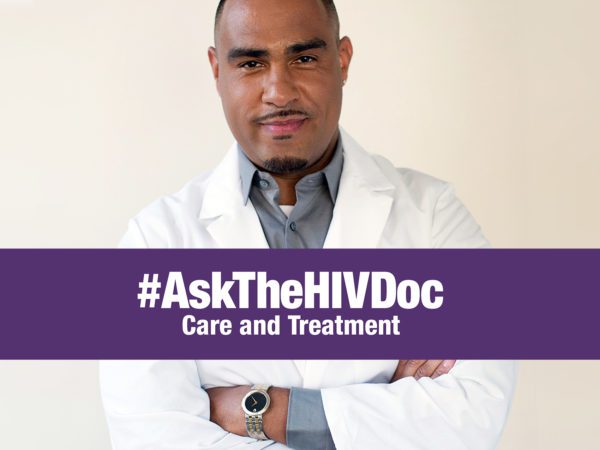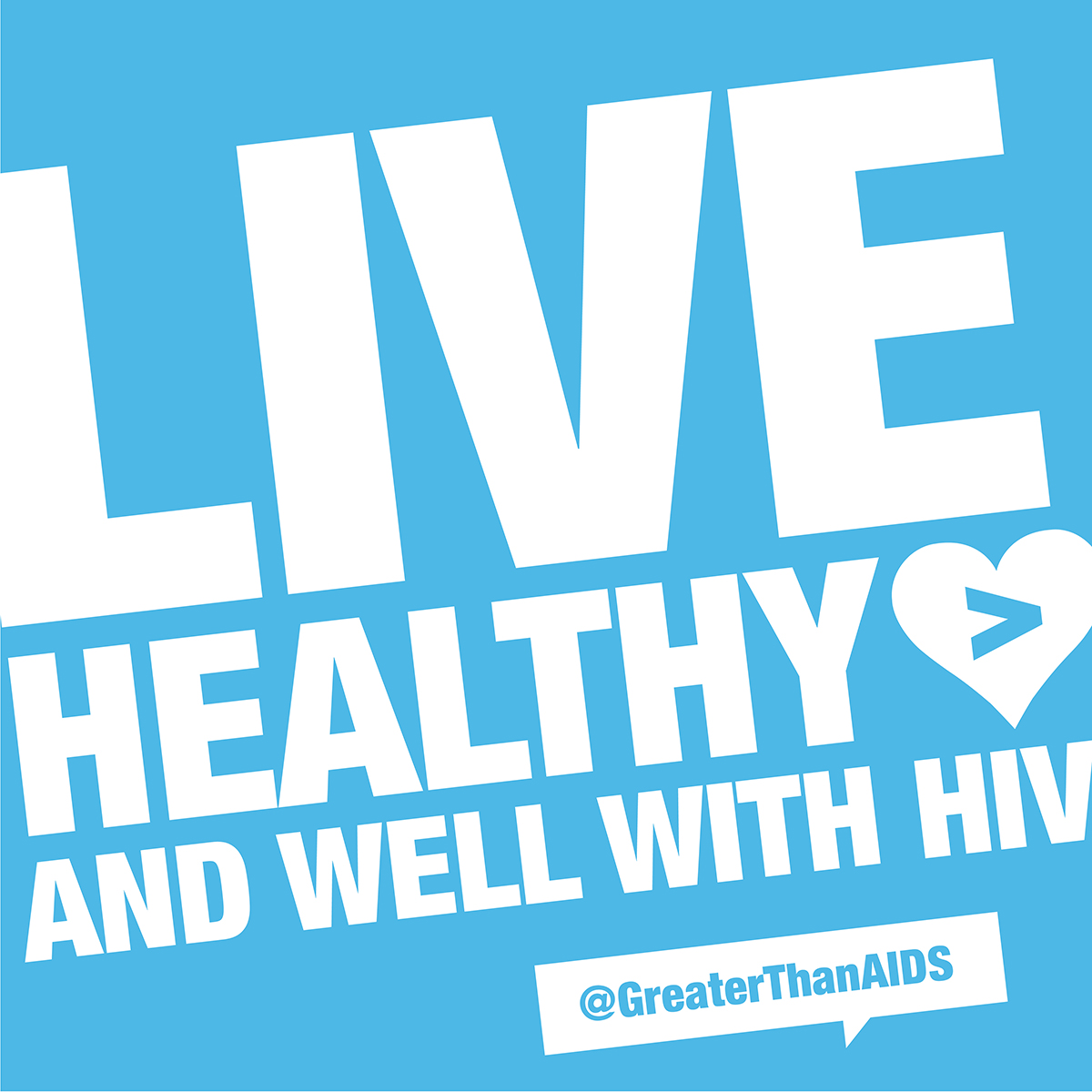HIV treatment is highly effective. People living with HIV today can live a health life by getting in medical care and taking antiretroviral (ARV) medication.
Medication works to lower the amount of virus in the body (viral load). Often, this is to levels that are undetectable by standard lab tests. The vast majority of people who take their medicine as prescribed and remain in care are able to achieve and maintain an undetectable viral load. In addition to improving their own health, getting and keeping a low viral load also prevents the spread of HIV to others. HIV treatment plays an important role in preventing transmission of HIV from mother to baby during pregnancy and delivery, making it possible for parents with HIV to have children without HIV.
To get the full health and preventative benefits of HIV medicines, it is important that a person with HIV stays connected to medical care and continues to take their medicine as prescribed, even if and when they do not feel sick.
Clinical guidelines recommend that medical treatment for HIV begin as soon as possible after diagnosis. Given the strong benefits, ARVs are recommended for people living with HIV, regardless of how long they have had HIV or how healthy they are.
Financial Help
Do not let the worry of treatment and medication costs stop you from seeking the care that you need. There are many programs that will cover the financial costs to help you stay in care and remain healthy. If you are low-income and uninsured these programs can cover all your costs. If you have health insurance, these programs would help by covering out-of-pocket costs. Some programs may even assist in paying premiums for marketplace insurance plans.
Most programs fall under two categories: government-funded medication assistance programs, or other patient assistance programs. In Virginia, the commonly used government-funded program is called the Virginia Medication Assistance Program, or VA MAP.
Other patient assistance programs do not have to follow federal regulations. They use funds from sources such as pharmaceutical companies, health foundations, etc. Sometimes private programs are specific in what they cover under their programs. Clients often use private programs if there is a waitlist on government programs, or if they are taking a unique medication that isn't covered by a government program.
It could be possible that a person would use multiple programs to meet all their needs.
Applying for financial help can seem complex and stressful. It could be helpful to work with your case manager. A case manager will ensure you find all the help and resources that meet your specific needs.
Locating Resources
You can find a list of online locators and hotlines in this section to help you locate and access resources. These locators and hotlines can help you find a doctor, a case manager, or supportive resources.
If you know what you are looking for, the online locators will help you find resources near you. If you have lots of questions, try one of the hotlines to speak with a live person to walk you through what your options are and what might be helpful for you.

Online Locators
Find HIV treatment and/or supportive services near you today using an online locator or database.
Phone Hotlines
Virginia-Specific Hotlines:
-
- Virginia Medication Assistance Program Hotline - (855) 362-0658
- Virginia Disease Prevention Hotline - (800) 533-4148
- Benalytics (for current VA MAP Clients w/Insurance Enrollment needs) - (855) 483-4347
National Hotlines:
-
- CDC INFO Hotline - 1-800-CDC-INFO (232-4636) | 1-888-232-6348 TTY
- Other State HIV Hotlines
- National Suicide Prevention Lifeline - (800) 273-TALK (1-800-273-8255)
- Trans Lifeline - a hotline staffed by transgender people for transgender people - (877) 565-8860
HIV Treatment FAQs
Get answers to some frequently asked questions about HIV treatment. Whether you are wondering why it matters, how it works, when you should start, or what exactly undetectable means.
What Exactly is Undetectable?
The term undetectable has been a hot topic recently. As has the discussion of someone who is undetectable not being able to transmit HIV sexually. Watch a video that talks about HIV undetectable or learn more from the Centers for Disease Control and Prevention.
#AskTheHIVDoc: Care and Treatment
When it comes to HIV Care and Treatment, you may have some questions. In this video short series, real HIV doctors answer the most common questions from the public.

Last Updated: November 1, 2022

